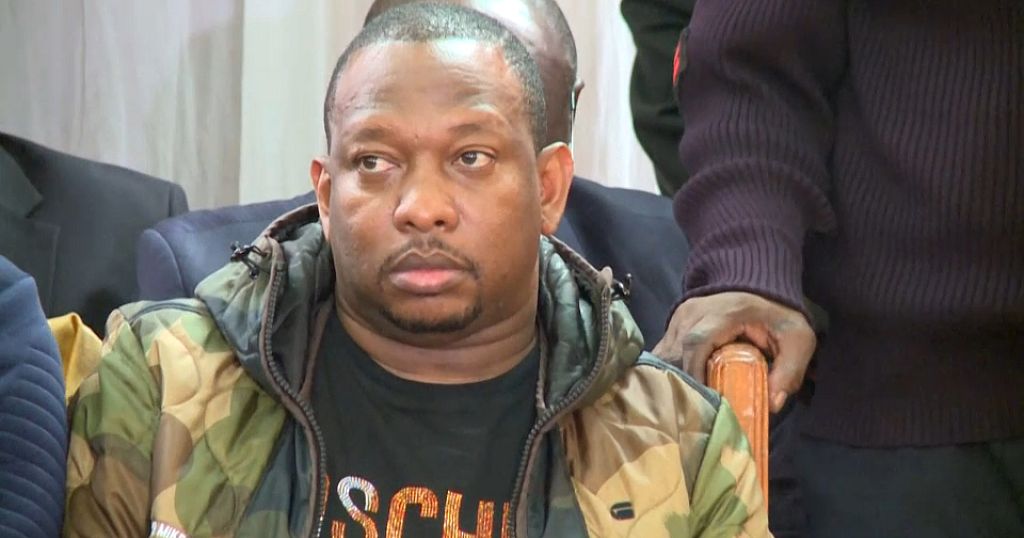Something happens as you get older. I have noticed it in particular when one is past the age of forty. You start looking at life differently. Concepts like retirement are no longer foreign.
You may not have reached retirement age, but you are close enough to see it coming in a way you probably could not conceptualise in your 20s or early 30s. You have been through challenging experiences in some way that have made you look at certain things differently. It is important to take stock of your life and purpose at this point.
For a period in your life, you may have accepted things at face value like where you should live, what you should earn, what your social life should revolve around, what you should do and even your own identity. As you grow older you want to discover your own flow. One that fits with you not necessarily one with the world or what other people think you should have. It is very important that you find that flow.
Financial problems come when you are still trying to fit into other people’s definitions of what you should or should not do. I remember speaking to a gentleman who had been retrenched. This is not a tragedy but a change. He used part of his pay-out to buy a new car. Later he would admit he was still vested in what other people thought of him. Instead of facing this change he hid behind a new car hoping it would still give him some sort of relevance.
You will not be able to navigate new situations if your sense of relevance is based on titles and material possessions. We cannot approach any new season of our lives by trying to replicate the past.
Sometimes being boxed into a job title closes your eyes from what you can actually do. The actual skills (not formal qualifications) that experience made you develop.
When I am speaking to people above forty, I do not use the term budget. I use a lifestyle audit which is about directing your financial resources towards your flow. Towards building that life that has true meaning to you. Avoiding getting into the trap like the one highlighted above. It’s not just about cars and big items. Even how you shop for groceries can get in the way of finding your financial flow. It involves first finding out what is truly important to you and not what other people have told you to have. It involves poking deeper and being willing to be uncomfortable.
Why do you spend the way you do? Why do you even live where you do? Go through your traditional budget and ask of each line item, why it is there? My earlier experience in doing this enabled lunch money to become holiday money. I have coached people who moved out of where they live when they realised that was the key to paying college fees. There are those who have left Chamas after realising that they were not meeting goals but had become a social gathering. There are also some who stayed because they value the socialising. With a lifestyle audit, there is not always a clear right or wrong.
In my book, I tell the story of Douglas who realises that going out and spending was about pleasing others and hence was able to break the habit and put that money towards creating true wealth.
Evaluate how you spend time too. Usually, when we are spending time, we are spending money. So, are you using time in a way that serves a purpose? I once challenged a client of mine who claimed she couldn’t do a course on Saturday morning because that is when she shops and organises her household. When we dug deeper, we found that she had an able house help who could shop over the week.
So, go ahead and start auditing. Firstly, ask yourself what you want. What do you value? Nobody is going to do it for you or give you permission to do it. Then understand where your money and time has been going. Create a plan with both these resources that allows you to change that and do what you value. A plan that allows you to find your flow.

 General News2 days ago
General News2 days ago
 General News3 days ago
General News3 days ago
 General News2 days ago
General News2 days ago
 General News1 day ago
General News1 day ago
 General News2 hours ago
General News2 hours ago

